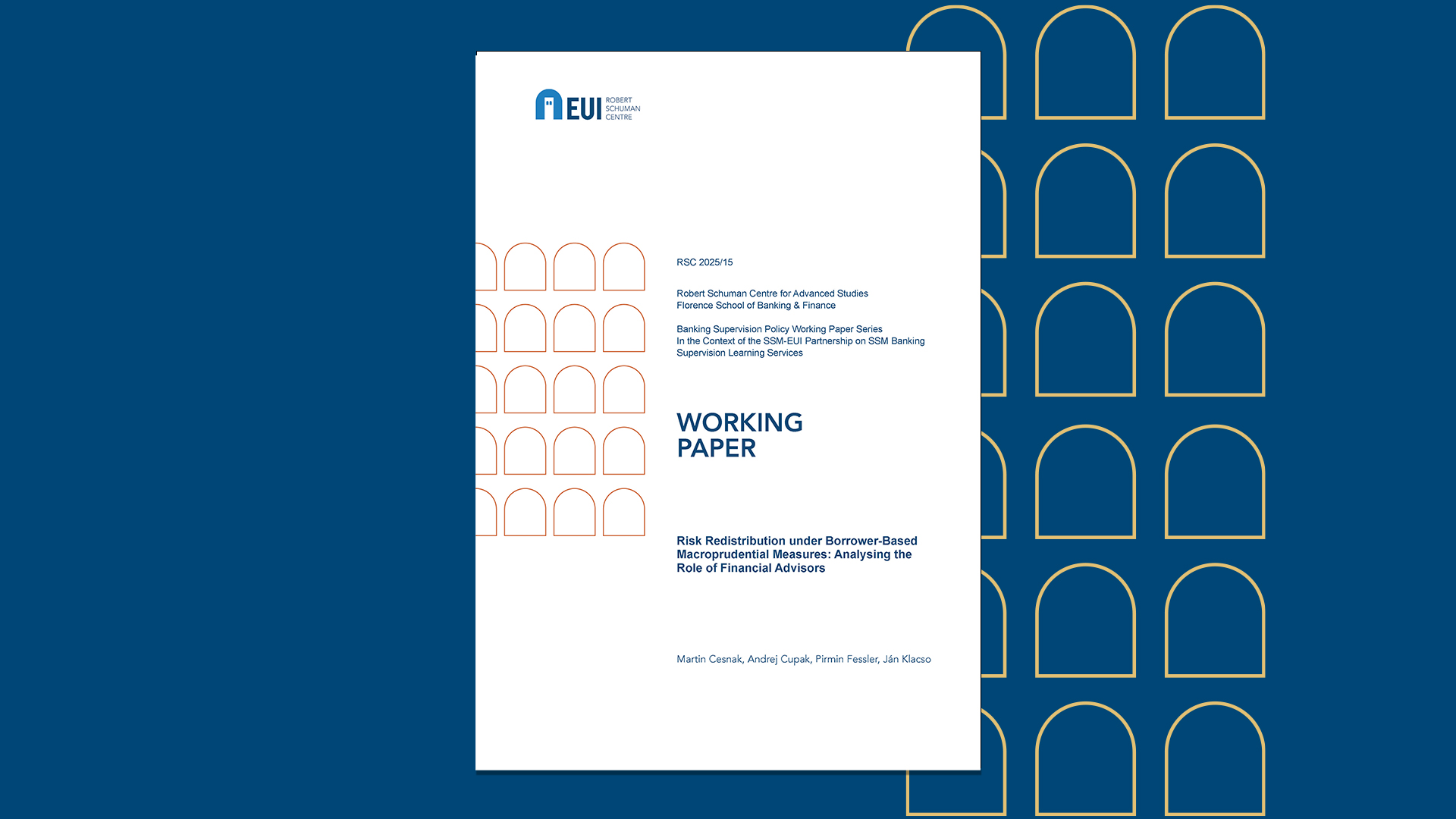Links
Next content
Read more
Barriers to Sub-Saharan Countries Issuing Sovereign Green Bonds and How to Overcome Them: Insights from Nigeria and Seychelles
The Sub-Saharan African (SSA) countries are disproportionately at risk of experiencing severe environmental and socio-economic consequences of global warming. Although many countries in the region have demonstrated their commitment to mitigating and adapting to...
Borrower-based macroprudential measures (BBMs) are widely used to curb financial stability risks stemming from excessive retail loan growth. Yet, micro-level evidence remains scarce due to data limitations. This policy brief reports on new results that leverage a unique loan-level dataset covering all Slovak mortgages to analyse the impact of Slovakia’s 2018 macroprudential tightening with a key focus on the role of financial advisors in shaping the market’s response. We identify three key effects. First, while Loan-To-Value (LTV) and Debt-To-Income (DTI) caps reduce the inflow of loans with excessive risk parameters, they also lead to a shift in borrower behaviour. Many borrowers, both from above and below the newly imposed limits, adjust their loan characteristics to align with these limits, resulting in a concentration of risk at these thresholds. Second, there is a clear distinction between loans mediated through financial advisors and granted directly by banks, with advisor-mediated loans exhibiting higher amounts, LTVs, DTIs, and maturities. Third, regulatory announcements trigger front-loading, accelerating mortgage origination before restrictions take effect. Our findings highlight that while BBMs reduce excessive risk-taking, they also concentrate risk at regulatory cutoffs, requiring continuous monitoring and adaptable policy calibration. We offer new insights into the unintended effects of BBMs and the role of financial advisors in influencing borrower behaviour, emphasizing the need for flexible policy frameworks to ensure effective macroprudential regulation.
This paper is part of the Banking Supervision Policy Working Paper Series in the context of the SSM-EUI partnership on SSM Banking Supervision Learning Services. Read more.
